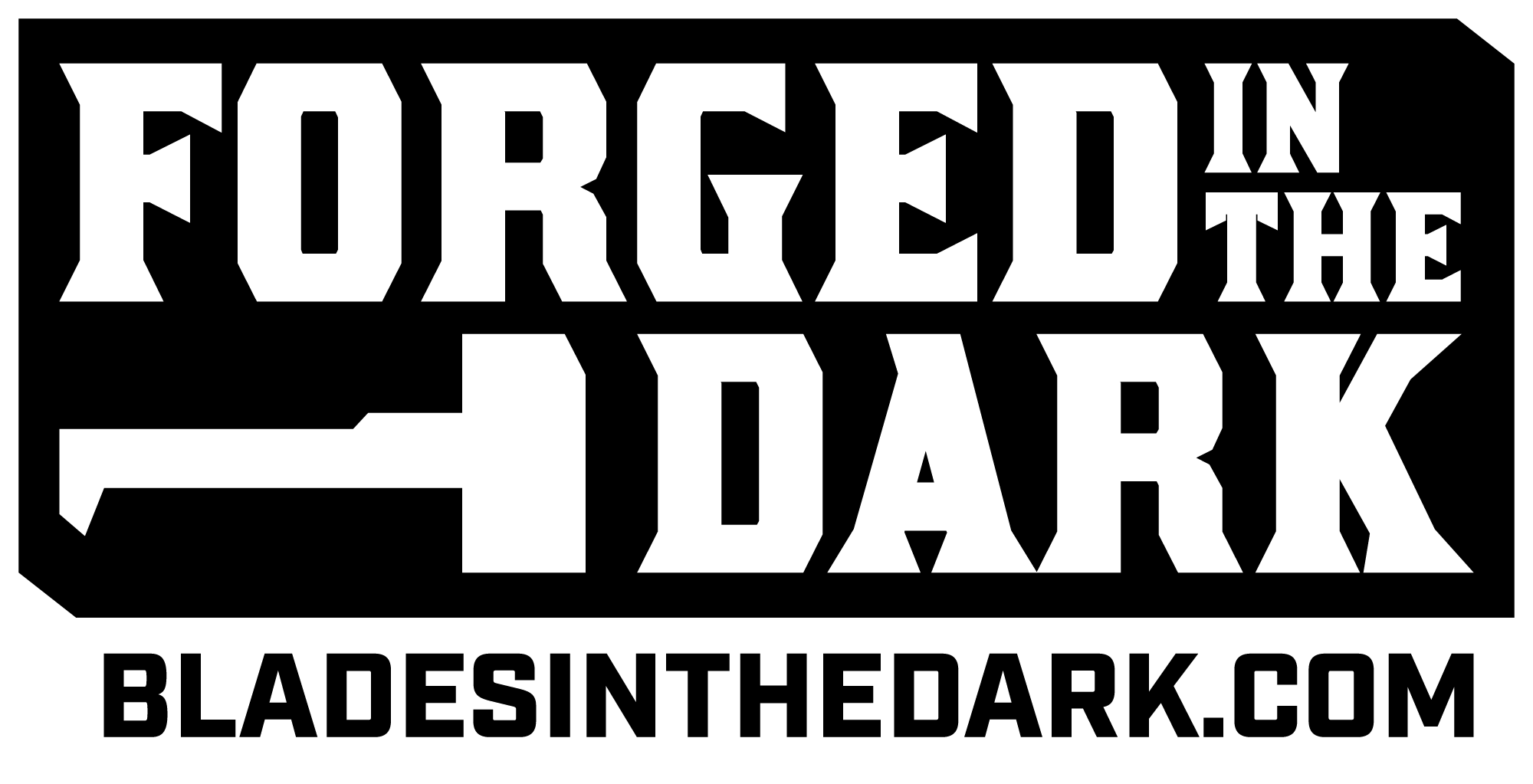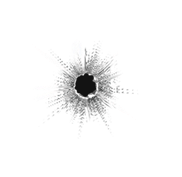Skills — Conspiracy Theory 
Fringe Science
Alternatively called Super-Science or Weird Science depending on the genre.
You’re an expert in all the theories and stories that cluster at the edges of normal science, not yet proven, or not yet unproven, or the subject of government coverups. This covers UFO sightings, cryptozoology, zero-point energy devices, shrinking and enlarging rays, transdimensional geometry, and so forth. You can:
- identify cryptids or other monsters (real or fake)
- determine the usage of mysterious scientific equipment or control panels in an unfamiliar ship or laboratory
- trigger the self-destruct sequence
- tell the fringe science from the psuedo-science
- quickly develop theories and conclusions about scientific phenomena
- supply historical facts behind sightings and coverups
Just because you’ve studied all these things doesn’t make them true, of course. This is a very helpful skill when the campaign is meant to emulate stories like Gravity Falls, the X-Files, or some of the sillier 1960’s-era spy fiction.
Occult Studies
You’re an expert in the historical study of magic, superstition, and hermetic practice from the stone age to the present. From Satanists to the Golden Dawn, you know the dates, the places, the controversies, and the telling anecdotes. You can:
- identify the cultural traditions informing a ritual from examining its physical aftermath
- supply historical facts concerning various occult traditions
- guess the intended effect of a ritual from its physical aftermath
- identify occult activities as the work of informed practitioners, teenage posers, or bona fide supernatural creatures
Your knowledge of the occult is that of a detached, perhaps even disapproving, outsider. This ability does not allow you to work magic or summon supernatural entities, even if the campaign allows for such things.
Vampirology
The subset of occult studies (or fringe science) concerned directly with vampires. The traditional lore, the great names, strengths and weaknesses, variations across the world. You can:
- tell actual vampire attacks from those of serial killers or Goth wannabes
- recite pop culture knowledge which may or may not apply to real vampires
- notice details that give away the presence of vampires, like an absence of mirrors
